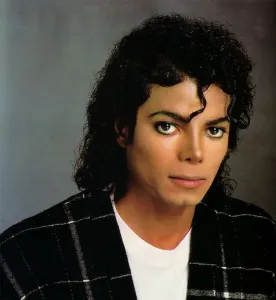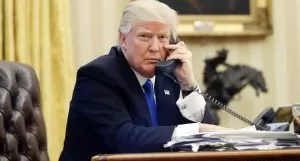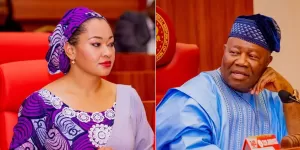Trump Nominates Mike Waltz as U.S. Ambassador to the United Nations, Marco Rubio to Serve as Acting National Security Advisor

Washington, D.C. – On May 1, 2025, President Donald Trump announced a significant reshuffling of his national security team, nominating Mike Waltz, his former National Security Advisor, as the United States Ambassador to the United Nations. In a parallel move, Trump appointed Secretary of State Marco Rubio to serve as the acting National Security Advisor on an interim basis, while Rubio continues to lead the State Department. The announcements, made via Trump’s Truth Social platform, underscore the administration’s ongoing efforts to align key diplomatic and security roles with trusted figures from its inner circle.
In his statement, Trump lauded Waltz’s extensive service record, writing, “From his time in uniform on the battlefield, in Congress and, as my National Security Advisor, Mike Waltz has worked hard to put our Nation’s Interests first.” Waltz, a retired Army Special Forces officer and Green Beret, served as National Security Advisor during the early months of Trump’s second term. Prior to that, he represented Florida’s 6th Congressional District for three terms, establishing himself as a vocal advocate for a robust national security posture, particularly on issues concerning China, Iran, and support for Israel.
Waltz’s nomination to the U.N. ambassadorship follows a tenure as National Security Advisor marked by both accomplishments and controversies. Reports surfaced earlier this year of leaked Signal group chat conversations involving Waltz and other administration officials, which allegedly included discussions of sensitive national security matters. These leaks, detailed in posts on X and various media outlets, sparked debates about Waltz’s suitability for high-level roles, with critics pointing to the incidents as a factor in his transition to the U.N. post. Supporters, however, argue that Waltz’s military expertise and congressional experience make him a strong choice to represent U.S. interests on the global stage.
Marco Rubio, tapped to fill Waltz’s shoes as acting National Security Advisor, brings his own extensive foreign policy credentials to the role. As Secretary of State, Rubio has been a key architect of the administration’s diplomatic strategy, emphasizing a hardline stance against adversaries like China and Iran while reinforcing alliances, particularly with Israel. Rubio’s interim appointment allows him to maintain his leadership at the State Department, a move that analysts suggest reflects Trump’s confidence in Rubio’s ability to juggle both roles temporarily. On X, reactions to Rubio’s appointment range from praise for his hawkish foreign policy views to concerns about his neoconservative leanings, with some users labeling the Waltz-Rubio shuffle as a consolidation of interventionist voices within the administration.
The nominations come at a critical juncture for U.S. foreign policy, with ongoing tensions in the Middle East, strategic competition with China, and debates over the role of international institutions like the United Nations. Waltz’s move to the U.N. places him at the forefront of navigating these challenges, representing U.S. interests in a body often criticized by Trump and his allies for inefficiency and bias. Rubio’s expanded responsibilities, meanwhile, signal a continuity of the administration’s assertive national security agenda.
Public and political reactions to the announcements have been polarized. Supporters of Waltz and Rubio highlight their shared commitment to prioritizing American interests and countering global threats. Critics, however, warn of a potential tilt toward militarized foreign policy, citing both men’s records of advocating for strong defense measures and skepticism of multilateral agreements. Posts on X reflect this divide, with some users celebrating the appointments as a bold stance against America’s adversaries, while others express unease over the influence of “neocon” figures in Trump’s orbit.
As with any high-profile nomination, Waltz’s appointment to the U.N. requires Senate confirmation, a process that could invite scrutiny given his recent controversies. Rubio’s interim role as acting National Security Advisor, however, allows him to assume duties immediately, ensuring continuity in the administration’s security apparatus. Observers will be watching closely to see how these changes shape U.S. policy in the coming months, particularly as the administration navigates a complex global landscape.
For the latest developments, readers are encouraged to follow official statements from the White House or verify information through primary sources, as perspectives on these appointments vary widely across media and social platforms.







